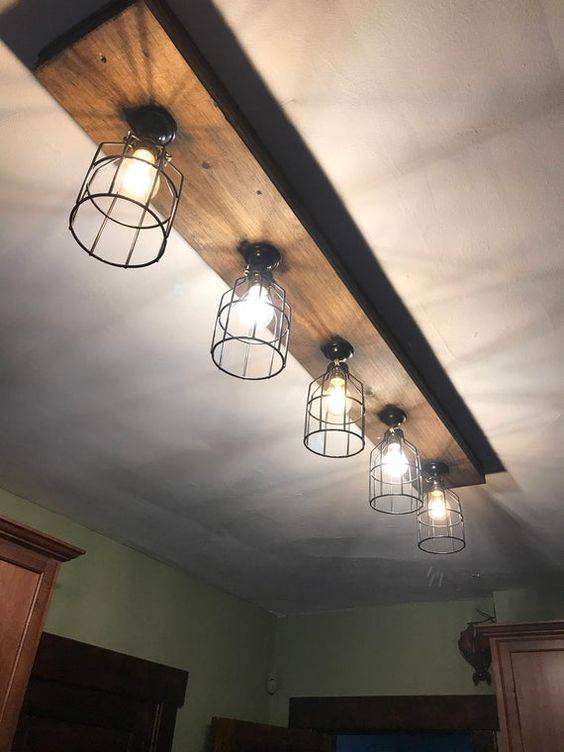You have finally found the property that you can call home. It has all that you need. It looks like it’s in the best condition, but merely looking at the exteriors is not enough to make such a financial decision.
To be 100% sure that you aren’t buying a money pit home, you need a pre-purchase inspection before you commit.
A home inspection will uncover potential issues so that you know what you are walking into.
Finding a Professional
Many first-time homebuyers don’t understand the importance of opting for a home inspection in Ontario. Make sure you hire a home inspector before you make a bid.
Turn to recommendations from friends and family to hire quality home inspection services. Your real estate agent might also have an inspector to recommend. While their reviews on social media may be paid, it is paramount that you interview potential inspectors before hiring one. Ask about their qualifications, experience, and certifications. Find out whether they’re familiar with the type of home you are buying, also what will be included in the inspection report.
Key Areas the Inspector Should Look At
During an inspection, the home inspector should look for the structural detects as well as analyze critical internal systems.
Make sure that the examination includes the following:
- Plumbing system
- Electrical system
- Radon detection equipment
- Heating and Cooling systems
- Cracks in the Walls, Ceiling, and Flooring
- Roofing
- Foundation
- Attic
- Insulation
- Windows and Doors
- Home Appliances
A home inspection will give you detailed information on the condition of the house; it also uncovers hidden problems like molds, blocked chimneys, etc. However, it might not uncover problems in areas that are below ground or otherwise inaccessible, like septic tanks. For clear inspection of such problems, you must go for additional inspections.
What Should You Do During The Inspection?
Make sure you are present when the inspection is taking place. Ask as many questions as you can about your potential new home and follow the inspector around the house.
If you can’t be present during the inspection, make sure you meet the inspector to discuss the report in detail. If you have questions about the cost of repairs and maintenance that might occur in the near future, feel free to ask the inspector. Take care, however, not to put pressure on the inspector. Don’t become the home inspector and start inspecting the home yourself, either.
It is also important to note that a home inspection is only like a snapshot in time on the day of examination. So, if you are buying a house in winter, ask your home inspector how the home might perform in different conditions, like summer or fall.
A Home’s Report Card
Once the complete home evaluation is done, you will receive a report with the evaluator’s findings. Don’t panic if you see a lot of deficiencies noted. The report is detailed and often includes 100 issues, most of which are relatively small and can be fixed.
The report must include the severity of all the problems, plus a rough estimate of how much it might cost to fix all the problems. If the inspector finds a lot of areas that require repair, he can use the report as a negotiating tool for the asking price.
If the report contains more problems than you are comfortable dealing with, you can back out of the sale or ask the seller to get everything fixed. If you are satisfied with the shape of your new home, you can move into your property comfortably.
Final Thoughts
A home inspection is a crucial process in a home purchase. As an informed buyer, you must never waive a home inspection at all.
If you are unsure about anything – big or small, make sure you ask the evaluator to address any unanswered questions you may have.









